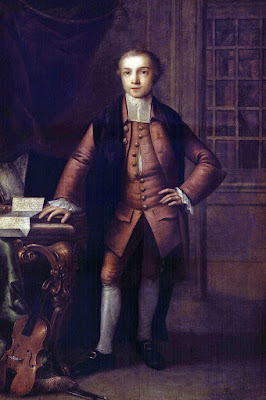“... in the main the constitution of parliament, as it now stands, was marked out so long ago as the seventeenth year of king John, A. D. 1215, in the great charter granted by that prince … And this constitution has subsisted in fact at least from the year 1266, 49 Hen. III : there being still extant writs of that date, to summon knights, citizens, and burgesses to parliament.”
– William Blackstone’s “Commentaries on the Laws of England” (1765), Book 1, Chapter 2
There's more similarity between the Congress and the Parliament than meets the eye …
In both big and small ways, the Congress was modeled on the Parliament of Great Britain. In bigger ways, it is a legislative body that is kept separate from the other branches. It is even divided into two houses, with only the lower house having the ability to “originate” taxing bills. And originally, only the lower house was elected – although both houses of our Congress are now directly elected by the people. But it is not just these ways in which these two legislative bodies are similar – they are also similar in many smaller ways, and in many finer details. You might be surprised at what some of these “details” actually are, so it might be helpful to look at a few of them here. I will be using Sir William Blackstone's “Commentaries on the Laws of England” as a source throughout, since Alexander Hamilton used it as a source in the Federalist Papers. (All quotations from Blackstone's “Commentaries” in this particular post are from Book 1, Chapter 2. Therefore, I will not note this every time.)
Sir William Blackstone










